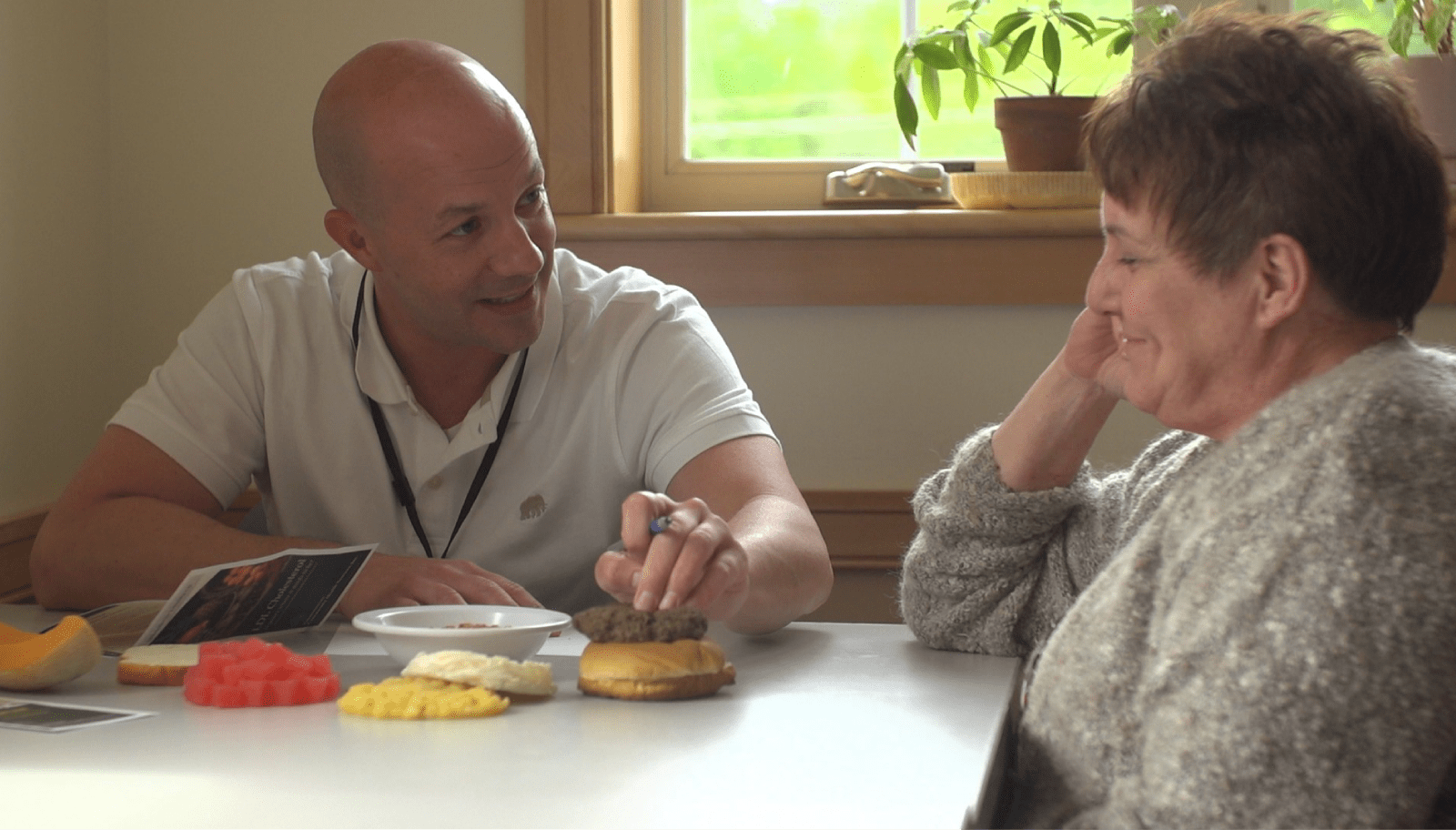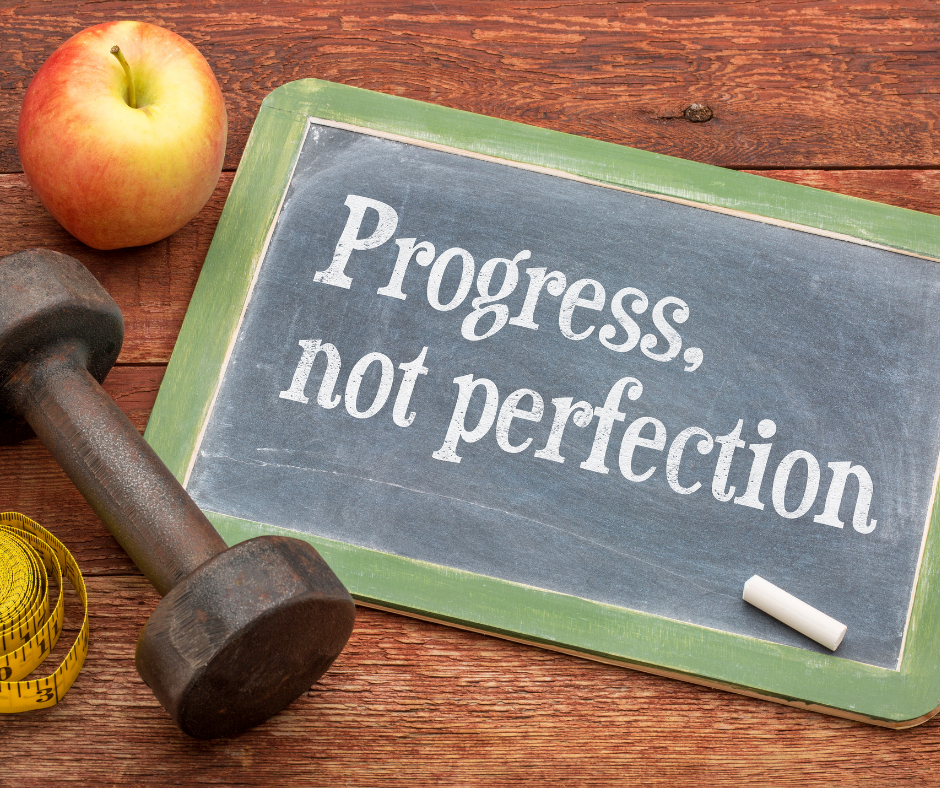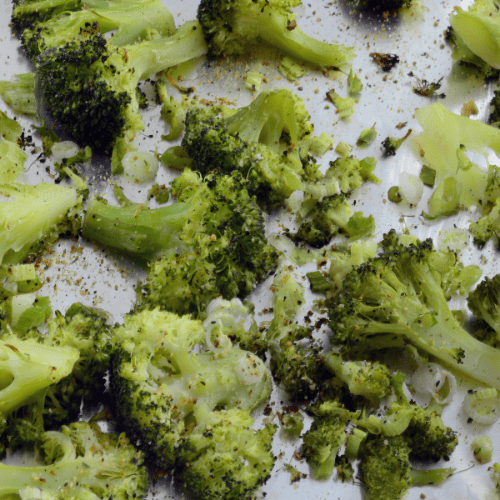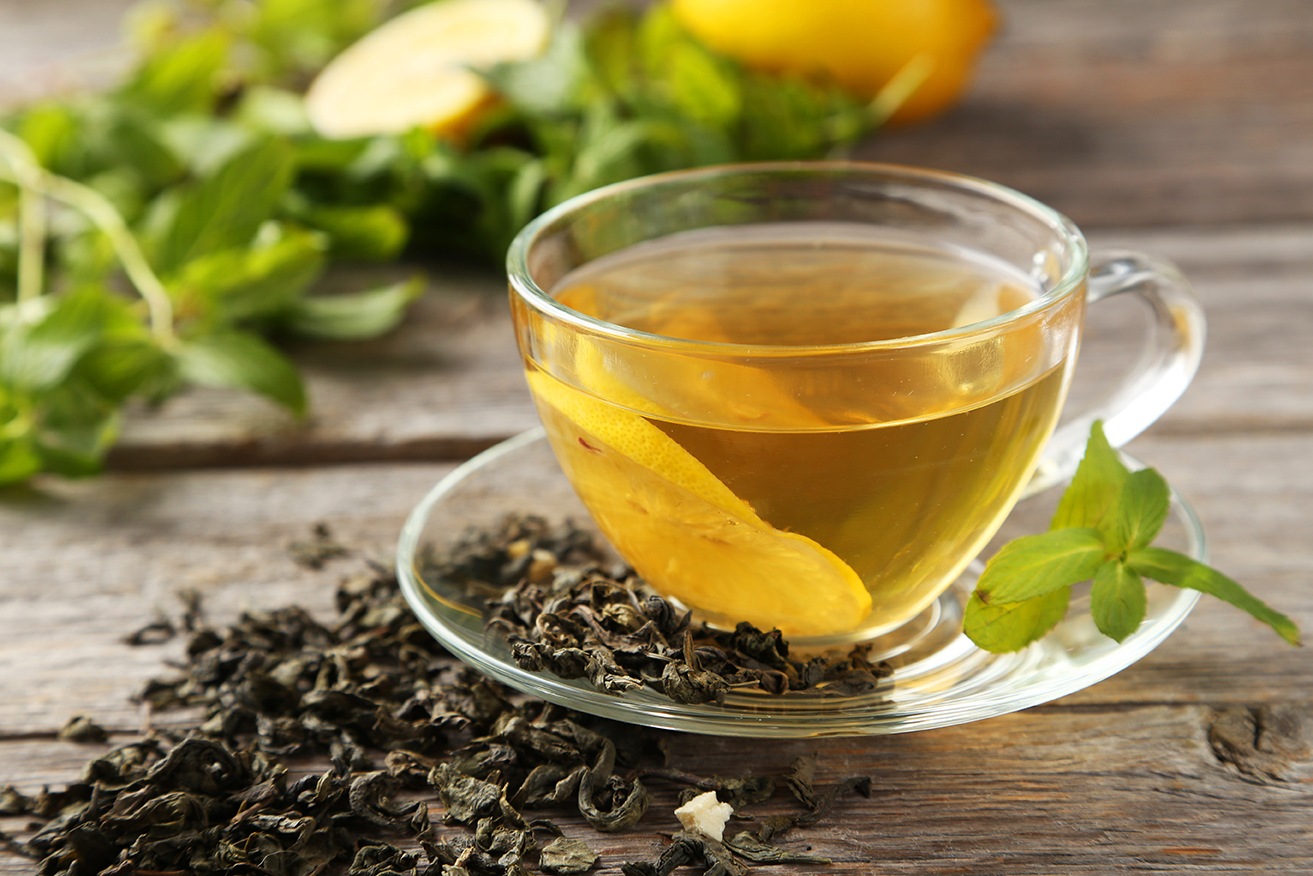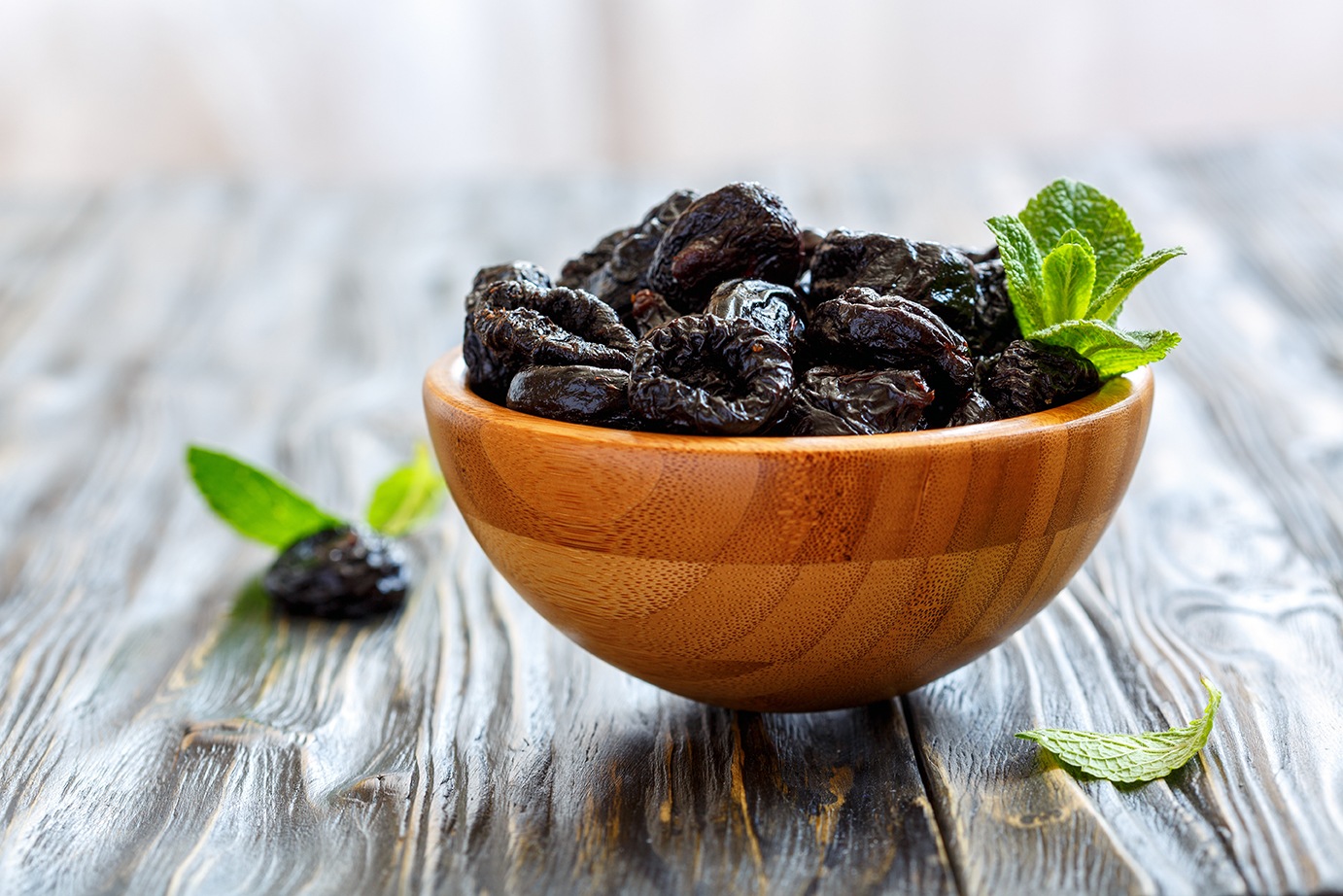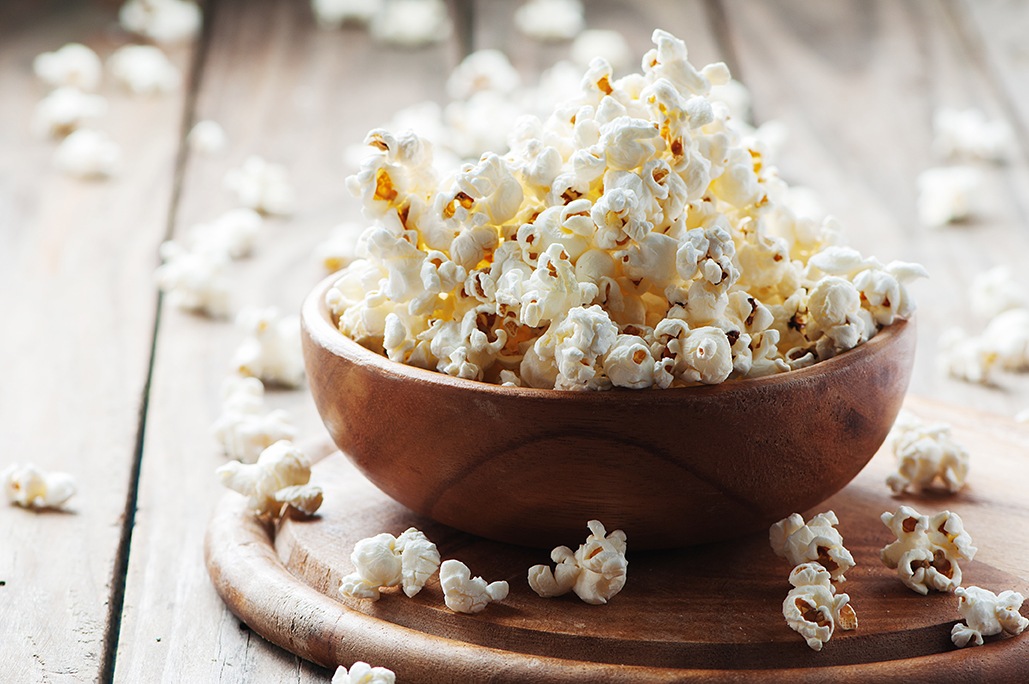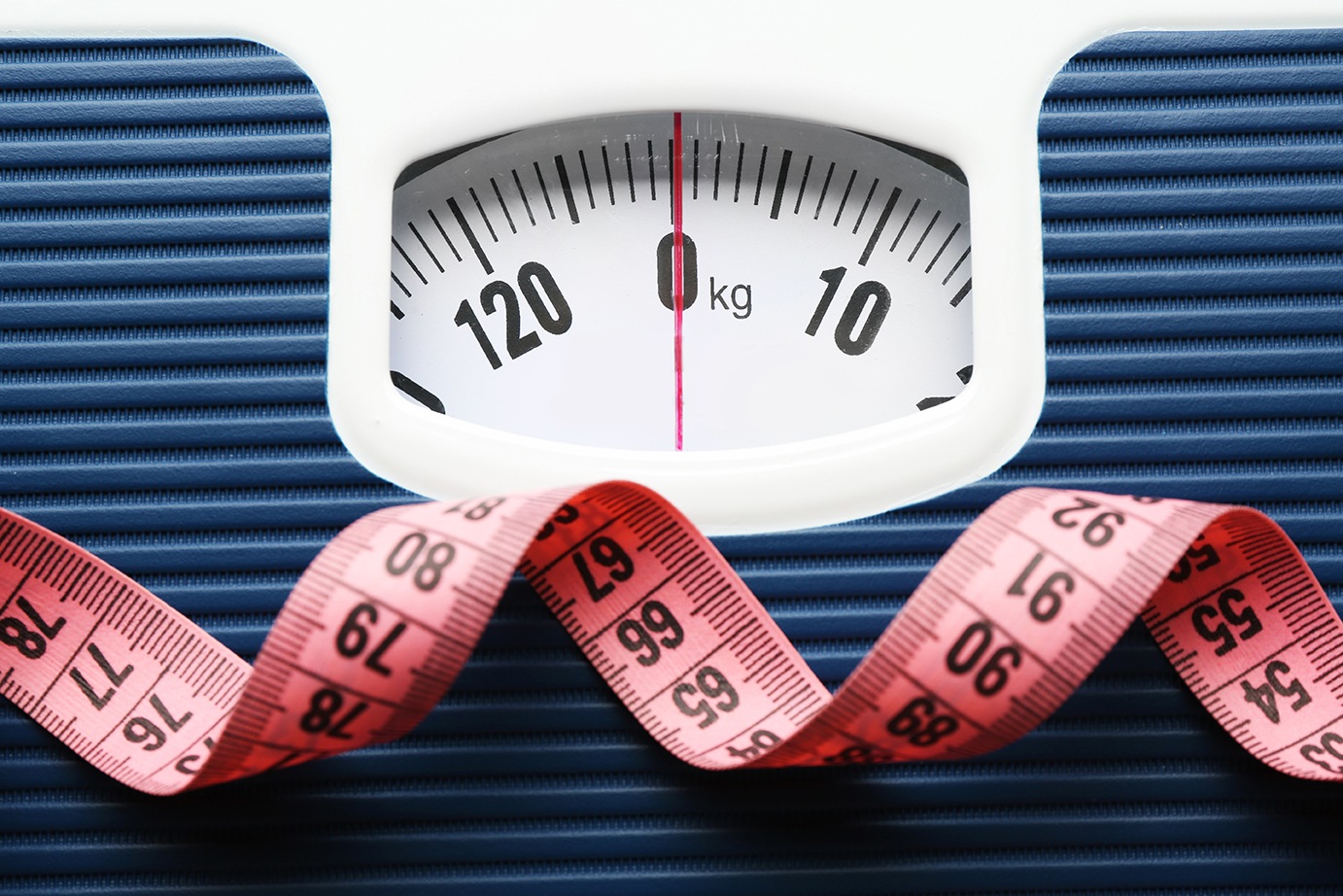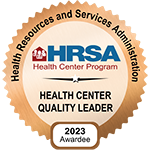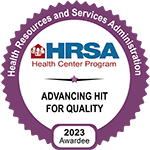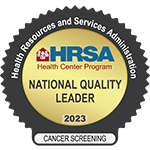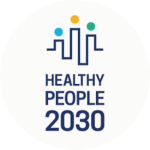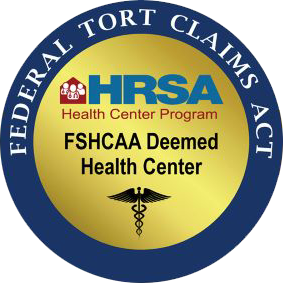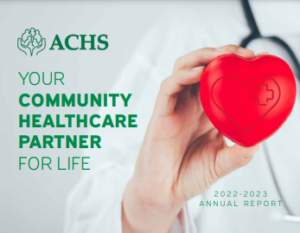If you play volleyball, a spike might not be a bad thing (unless you’re on the receiving end of one). If
you plan to live a longer, healthier life – avoiding spikes may be of greater importance. I can’t think of
any health professional or diet that recommends eating foods that will cause your blood sugar to go
up fast (spike). In fact, when you look at the five areas of the world where humans tend to live the
longest (“blue zones”), their eating routines often include foods that are lower on the glycemic index
and in glycemic load. These terms refer to a system in which foods are classified according to how
fast they tend to raise our blood sugar (glucose).
Glycemic Index – a simple explanation
The glycemic index rates foods according to how fast they turn into blood sugar.
- A rating of 55 or less is considered “low glycemic”.
- A rating of 56 to 69 is medium, and over 70 is a “high glycemic food”.
- Glucose (blood sugar) has a glycemic index of 100.
- Choosing foods lower on the glycemic index will help you choose “healthy carbs” and other foods.
Glycemic Load – here’s the gist
Glycemic load also rates foods/carbohydrates but relates it to the serving size
of food. Many consider glycemic load more realistic and more important.
- Foods with a glycemic load of 10 and under are considered low.
- 11-19 for foods that have a medium glycemic load, and those 20 over have a high glycemic load.
- It is possible for a food with a high glycemic index to have a low glycemic load (carrots are one,
watermelon another.
Glycemic index and glycemic load – tips from Chad
You don’t have to memorize tables and lists to follow a lower-glycemic diet. Here are some general
tips to consider:
- Choose traditional cooking grains over products made with pulverized grains (brown rice instead
of rice cakes). - Be sure to cook grains and grain products and other starches to el dente and firm, not mushy.
- Eat more berries, apples, and pears – less tropical fruit. Eat bananas before they are too ripe.
- Keep your portions of starches low (1/2 cup of cooked potatoes, corn, rice, pasta) and have larger
portions of non-starchy veggies (at least a 1/2 cup of broccoli, asparagus, leafy greens).
Added sugar is going to produce the quickest blood sugar spikes – read labels and limit this as
your first approach. - Most of us should aim to stay under 40grams per day.
For more information on this topic or to set up an appointment with Chad, send an email.

